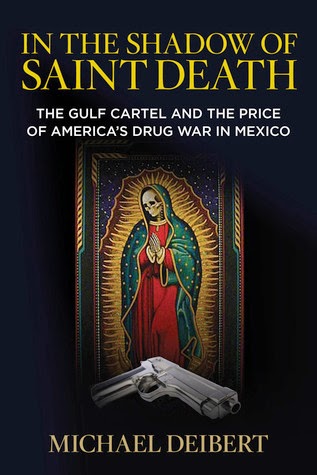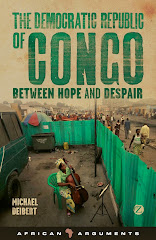As we head into fall, and I work on my own pair of new books, several friends of mine have books coming out that are well worth checking out.
It Takes a Pillage: Behind the Bailouts, Bonuses, and Backroom Deals from Washington to Wall Street , by my good friend Nomi Prins, should be required reading for anyone seeking to understand last year’s financial collapse, centered in the United States but with its repercussions felt worldwide. It outlines how last autumn’s domino-like collapse of banks was linked to Wall Street’s conversion of loans into assets that allowed it to borrow far more than it could ever afford, how bankers gobbled up more than $5 billion in profits while siphoning off more than a trillion dollars in federal bailout subsidies and how, in short, the financial system in the United States has become so rigged that it penalizes ordinary working people with ever-expanding fees and penalties while the barons of commerce like Bank of America’s execrable Ken Lewis get away with barely-disguised theft and extortion on a grand scale.
A former managing director at Goldman Sachs and chief of the international analytics group at Bear Stearns who now serves as a Senior Fellow at the progressive public policy research organization Demos, Nomi knows intimately of what she writes. I highly enjoyed her previous two books, Other People's Money: The Corporate Mugging of America and Jacked: How "Conservatives" Are Picking Your Pocket (Whether You Voted for Them or Not), and very much look forward to this third installment
Paris Under Water: How the City of Light Survived the Great Flood of 1910, penned by Jeffrey H. Jackson, Associate Professor of History at Rhodes College, is a fascinating account of a natural disaster that befell Paris when the Seine overflowed its banks in January of that year. Combining exhaustive archival research and such primary sources as the diary of the city’s chief of police, the book creates a compelling image of what at the time was viewed as an epochal event in one of the world’s great cities. It shows, in compelling fashion and with shades of Hurricane Katrina, how a city that has been often riven by divisions managed to come together to face a body blow from nature and how the City of Light managed to shine once again.
And finally, Benjamin Moser’s Why This World: A Biography of Clarice Lispector, presents a sweeping and dramatic account of the life of the Brazilian writer, at once iconic and iconoclastic, who overcame hurdles that most people can’t even begin to imagine to become a tremendously important influence on novelists such as Caio Fernando Abreu. Transplanted from the anti-Semitic pogroms of Ukraine to Recife in northeastern Brasil, then to Rio de Janeiro and Europe and beyond, Lispector was a citizen of the world in every sense of the world, and a writer with a very original and powerful vision. Moser does an excellent job of humanizing this at-times inscrutable character who, to paraphrase an old saying, may have made her greatest work of art in the creation of herself.
Tuesday, September 22, 2009
Books for autumn
Subscribe to:
Post Comments (Atom)




No comments:
Post a Comment